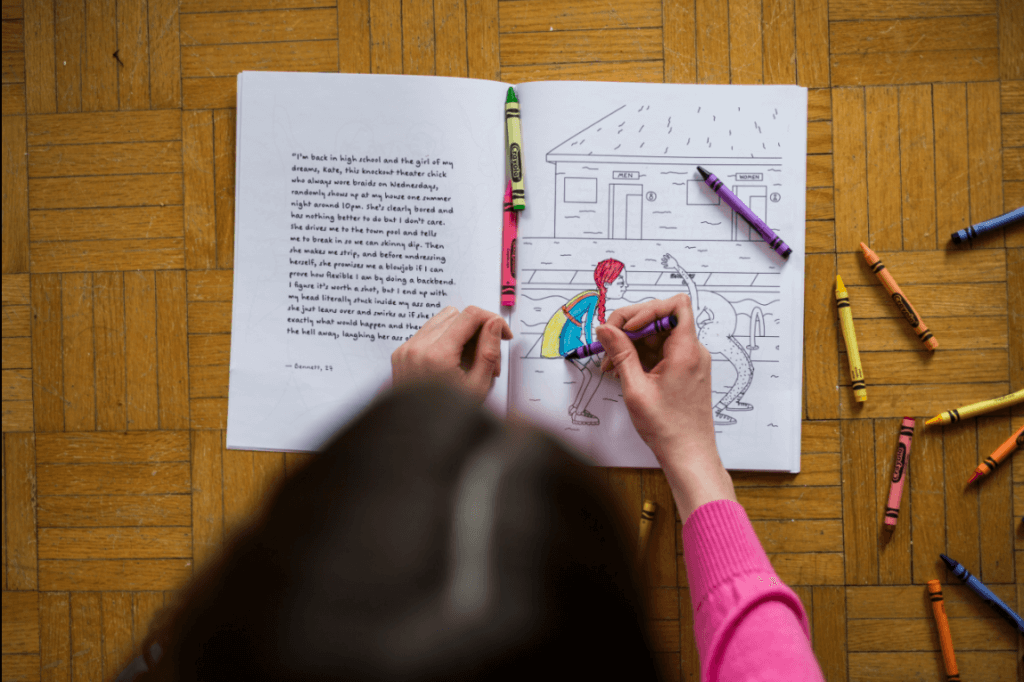Today we talk about ADHD all the time. Many children are diagnosed and treated based on this disorder, but the debate continues: is it really there?, on the other hand, how many children are diagnosed and how many actually suffer from this problem?
The case is that the assessment and diagnosis must be carried out by qualified professionals who know how to interpret the cases and the diagnostic criteria.
- Once ADHD is diagnosed.
- The question is: what can we do if we’re parents?Initially.
- It is a new situation that can cause us a lot of discomfort.
- Are we generally not sure how to act in these cases?and look what you can do!.
“Where there is education, there is no class distinction. -Confucius-
The main thing is for us to find out. After proper psychological evaluation and correct diagnosis, we need to know what’s happening to our child. Ask and dispel questions with psychologists and doctors who will participate in the procedure with your child.
But it is not only that, we can also read about it, for this it is important that we look for reliable sources of information, we have to be careful what we read there, because in some cases speculative content can be considered true.
With this, with reading, we can better understand what is going on with our child, we will understand it better and we will have a clearer idea of what the particular challenges it faces are, in this way we will be more motivated to follow the way forward.
Think, it is recommended that we have as much information as possible, so that we can implement the right guidelines to help the little ones.
“Tell me and I’ll forget it, show me and I’ll be able to remember, get involved and learn. –Benjamin Franklin–
When the child is young, it is good to try to develop it in organized environments, that is, an organized room, but also a routine of how to access information.
Beware of order, they should be given routine habits in terms of sleep, hygiene and eating, in addition it is good that they participate in games that stimulate their attention, such as puzzles.
From the moment we learn about daily habits, it is of paramount importance that we teach our children to conform to standards, children and teens with ADHD need to know what to expect from them, so parents need to agree on the rules to follow at home and explain to children the consequences of not following them.
It is very relevant that we as parents learn to give orders, place orders or offer rewards in an environment of trust, for this we must call our child by name when he is nearby and look him in the eye, in this way we will ensure his attention. and any message will come much better.
It is good that the requests we make to them are in a friendly tone, with clear and precise instructions that specify what is important and what is not, it is also recommended to place orders one by one.
If we make multiple requests at once and they contradict each other, we will confuse our children. We should avoid raising our voices and giving sermons, as well as paying attention to physical contact. Finally, we have to ask the child to repeat, what have we asked him to do, if possible in other words, to understand us. This way of communicating may seem forced, but with practice it will become natural.
Once we as parents have set standards at home and agreed on what we should and should not do, how can we force children with ADHD to comply?For the little ones to change their behavior, it is necessary to reinforce what they are doing well. and turn off what they’re doing wrong.
“Two excesses must be avoided in the education of young people: a lot of severity and a lot of sweetness. -Plato-
To reinforce positively, we need to find rewards that make sense to the little ones. It may be a tangible thing, but it must be noted that social approval is a very useful reinforcement. In fact, if we praise our child after doing something positive, we’ll encourage him to repeat it over and over again.
In addition, we can use a chip economy. Thus, children receive points every time they do something good. Later, at the end of the day or week, for example, they can redeem points for some kind of privilege. It is important, if we use this technique, that rules and rewards are well established in advance.
In addition to strengthening the positive, we need to turn off negative behaviors. Pay no attention to the behaviors that bother us, to reduce them we can also use punishment, either by giving the child something he does not like (such as scolding him), or at a personal cost (losing something he had earned), or taking him out of a situation that he likes to watch television (in his free time).
It is very important that the punishment is proportional to what the child has done, as well as must understand the reason for the punishment and what is expected of it. We must apply the punishment immediately and should not be accompanied by physical contact or rebuke. All these guidelines should be implemented consistently, because if we practice them correctly one day and not the next, we will not be able to make them effective and improve our child’s behavior.
Images courtesy of Thought Catalog, Alexander Dummer and Tina Floersch.

